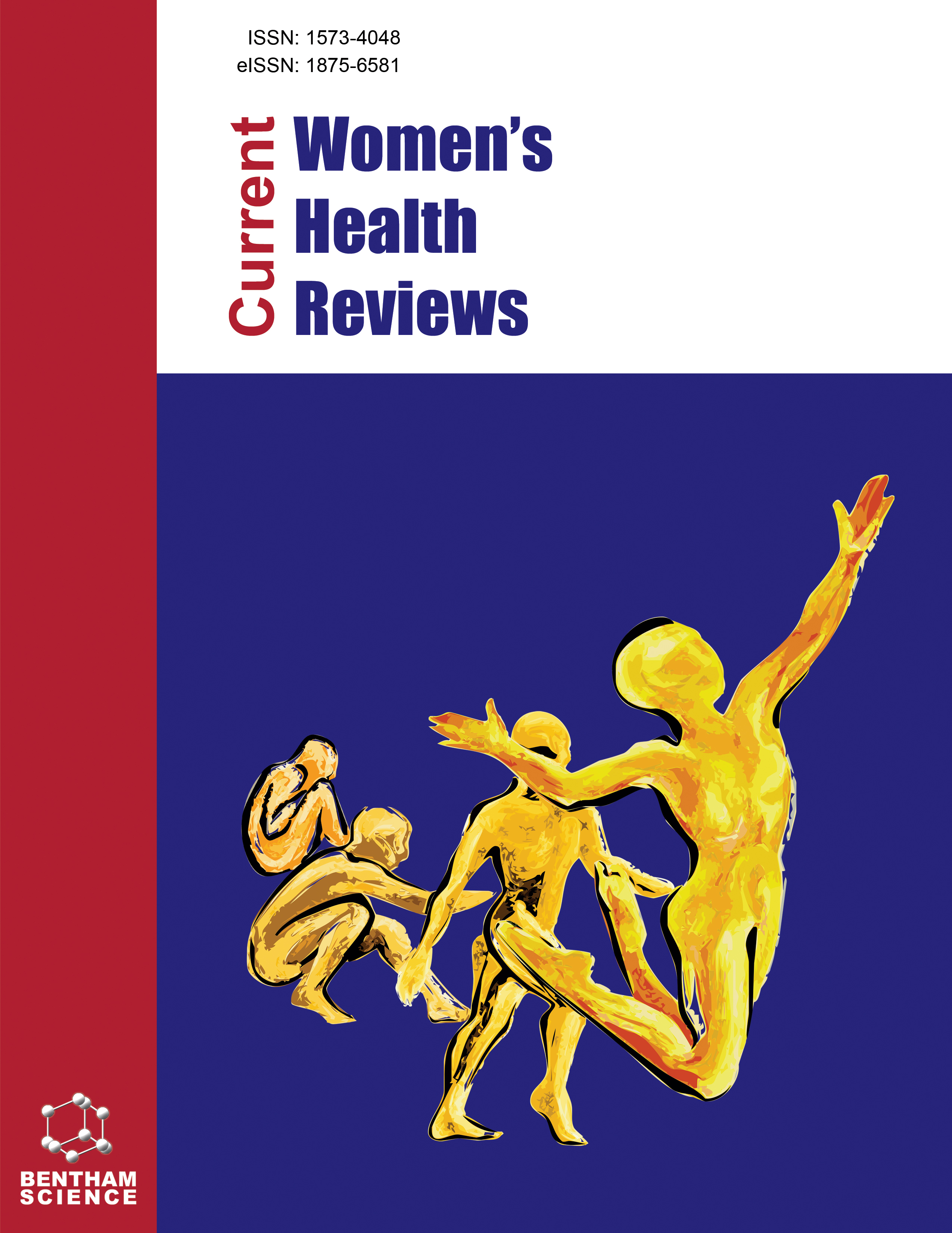
Full text loading...
The quality of life of infertile women is distinguished from that of men as these women face different problems at individual, social, psychological, and family levels. However, there is no tool for evaluating infertile women's quality of life.
This study aimed to develop and validate a questionnaire to evaluate infertile women's quality of life.
This was exploratory sequential research. It was performed in two phases (qualitative-quantitative) on 320 infertile women who lived in Northern Iran. To confirm the validity of the questionnaire, content, face, structural, and concurrent validities were used. The reliability of the questionnaire was evaluated by assessing internal consistency and calculating Cronbach's alpha coefficient, as well as using stability assessment by test-retest and Intra-cluster correlation coefficient (ICC) calculation.
Following psychometric assessment, a questionnaire was developed with 25 items in seven factors, including psychological effects, sexual life with infertility, family and social effects, infertility-related concerns, physical effects, adaptive approaches, and inhibitory factors/factors preventing adaptation), which explained 51.86% of the variance. The Cronbach's alpha coefficient and ICC of the questionnaire were 0.87 and 0.97, respectively.
This questionnaire with 25 items is a valid and reliable questionnaire to assess the quality of life of infertile women with the female factor that can be used to find needs for improving the client's quality of life.

Article metrics loading...

Full text loading...
References


Data & Media loading...

